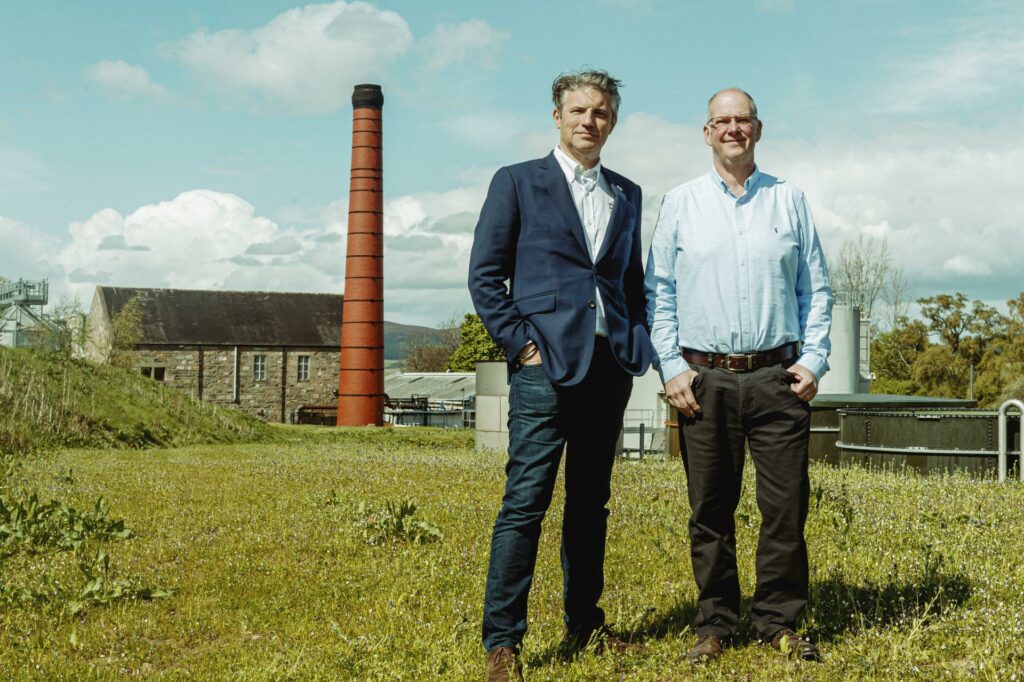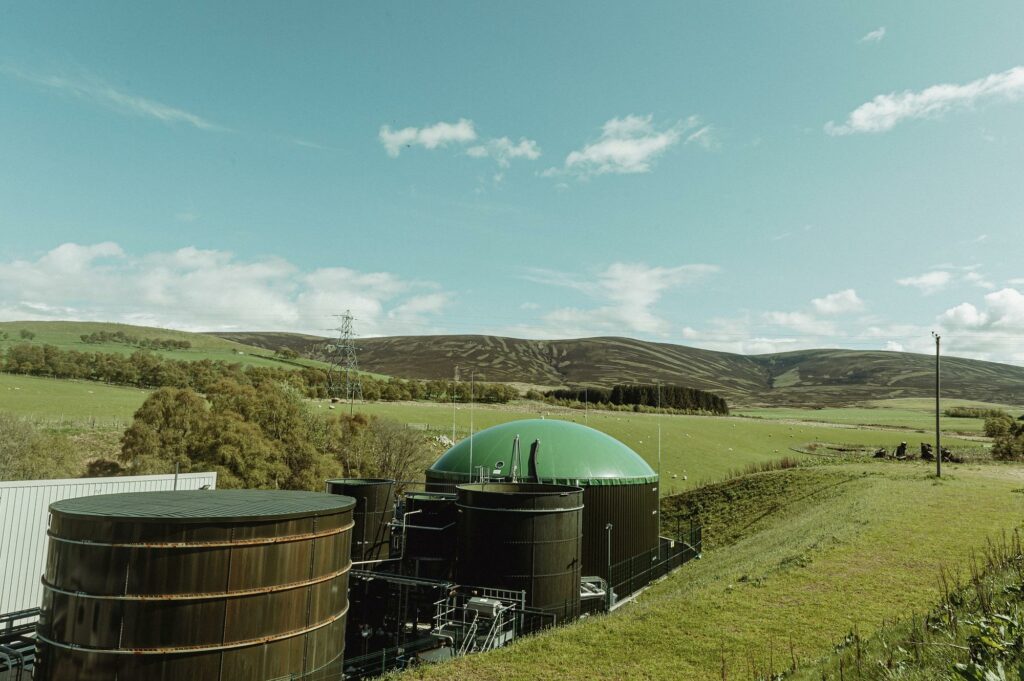Die Destillerie Balmenach, zur International Beverage Holdings Ltd gehörig, hat heute die Fertigstellung des Baus und die finale Inbetriebnahme eines Biogas-Kraftwerks bekanntgegeben. Damit wird Balmenach zu einer der umweltfreundlichsten Destillerien Schottlands – im Kraftwerk, das aus den Abfällen der Produktion gespeist wird, kann der Energiebedarf der Brennerei zur Gänze gedeckt und sogar noch eine gute Menge ins Stromnetz exportiert werden.
Wie sehr man damit den CO2-Fußabdruck verringert und andere wichtige Kennzahlen verbessert, können Sie in der Pressemitteilung nachlesen. In Kürze sehen und hören Sie auch hier auf Whiskyexperts mehr von den Umweltanstrengungen in den Destillerien Balblair, Balmenach und Speyburn – beginnend heute am Nachmittag mit Balblair…
| Presseartikel | Für den Inhalt ist das Unternehmen verantwortlich |
International Beverage Completes £4 Million Balmenach Distillery Upgrade to lead Sustainability Drive
Integrated Anaerobic Digestion and Bio-Methane Technologies Cut Carbon Footprint
International Beverage Holdings Ltd (IBHL) has today announced the completion of an ambitious £4 million upgrade at Balmenach, which will place this historic Speyside distillery amongst the greenest operating in the Scotch whisky industry today.
Founded in 1824 just a few miles from Grantown-on-Spey and one of the oldest distilleries in the Speyside Region, IBHL has invested in an integrated system of innovative green technology at the site, which produces nearly 3 million litres of alcohol per year for the company’s own blends as well as the blended Scotch market. It is also home to the company’s super-premium Scottish gin, Caorunn.

At the heart of the project is a new Anaerobic/Aerobic Digestion (AD) Plant which uses micro-organisms to break down the liquid co-products of whisky production (pot ale and spent lees), allowing them to be processed on site. This process produces clean bio-methane gas which feeds a Combined Heat & Power (CHP) Engine to generate power for the Distillery and the grid, integrated with an existing biomass boiler which uses locally-sourced wood pellets to produce zero-carbon steam for the system.

Having paused the development during the pandemic, the site is now fully operational, and is having an immediate impact in terms of significantly reducing the Distillery’s overall carbon footprint:
- Renewable energy: each day approximately 130m3 of whisky co-products are processed to produce 2,000m3 of clean bio-methane gas which feeds a CHP Engine to generate renewable steam. This meets 100% of the Distillery’s energy requirements, producing 30,000kW of energy per week, 25,000kW of which is used to power the site (with the remaining 5,000kW exported to the grid);
- Improved energy efficiency: results to late 2022 report a reduction in Distillery energy use from 7.8kWh to 6.8kWh per litre of alcohol produced;
- Reduced Co2 emissions: from 1.5kg to 0.5kg per litre of alcohol produced.
- Water efficiency: the system cleans and returns 40% of processing waters back to the Distillery’s watercourse, the Cromdale Burn, which is a tributary of the River Spey;
- Reduced road transportation: a drastic reduction in the need for heavy goods vehicle movement at the site, removing 12 tankers from Spey Valley roads every week (each with a capacity of 25,000 litres);
- Efficient use of co-products: the AD plant produces a permeate stream, providing nutrient rich bio-solids for use as fertiliser by local farmers in the Speyside region;
The Balmenach project is IBHL’s biggest investment in sustainable whisky production to date. It represents a major step forward in meeting the company’s commitment to use only renewable energy for production by 2040: a goal that is made possible by IBHL’s early adoption of various clean fuel sources across its five distilleries. The business no longer uses heavy fuel at any of its sites and reduced the group’s energy consumption from 11kWh per litre of alcohol in 2005 to 6.4kWh in 2022.
The company’s Group Distillery Manager Sean Priestley explained:
‘At IBHL there is a culture of genuine accountability for the environmental impact of our production process, which means we have been striving for cleaner, greener whisky production many years ahead of the current Scotch Whisky Association’s sustainability target of net zero by 2040. The system we’ve built at Balmenach has been challenging, but a combination of investment, innovation, partnership working and perseverance are paying off, resulting in the significant reductions we are able to report in emissions and energy use today, which will only increase over time.’.
IBHL Managing Director Malcolm Leask added:
‘The completion of our £4 million project at Balmenach leads our ambition to decarbonise production and achieve industry leading standards of sustainability in the future. Sustainability is a long held and central commitment in our business – from the Dow Jones Sustainability Index listing of our parent company ThaiBev, to the daily efforts of our distillery teams across Scotland to respect and care for the local land, lochs and rivers that surround them. This is one of the industry’s oldest distilleries and it wasn’t built for efficiency. But nearly 200 years on, the improvements we are seeing in terms of energy use, emissions and efficiency show just what is possible in sustainability at such a historic site.’















